Hello♡! Today, I’ll be talking about rosacea. Rosacea is one of the skin conditions experienced by many people. It involves the face turning red temporarily or feeling embarrassed due to the redness. Today, let’s explore everything from the causes of rosacea to its treatment methods!
Understanding Rosacea: Definition and Symptoms
Rosacea is a skin condition characterized by redness and flushing in the face. It commonly occurs in people with sensitive skin types, leading to symptoms like a hot, stinging, and reddened face. These symptoms can be temporary in mild cases but may persist and accompany skin inflammation and rashes in severe cases.
Analyzing the Main Causes of Rosacea
The causes of rosacea are diverse. The most common cause is facial redness due to increased blood flow caused by the dilation of blood vessels. This increase in blood flow can be triggered by internal or external factors. Environmental factors, stress, alcohol consumption, and exposure to extreme temperatures are known as major causes of rosacea.
Factors in Daily Life That Can Trigger Rosacea
Various factors can trigger rosacea.
- Firstly, external environmental factors include strong sunlight, cold wind, and humid weather.
- Secondly, dietary factors such as excessive alcohol consumption, spicy foods, and overconsumption of coffee or tea can trigger rosacea.
- Lastly, stress and emotional changes can also be causes of rosacea.
Diagnosing Rosacea: From Consultation with a Specialist to Tests
The diagnosis of rosacea is usually referred to a dermatologist or a plastic surgeon. The specialist listens to the patient’s symptoms, asks questions, and examines the skin condition. Additionally, further tests like blood tests or skin biopsies may be conducted to rule out other diseases.
General Rosacea Treatment Methods and Approaches
There are various treatment methods for rosacea.
- Firstly, medication treatment often involves the use of creams or gels containing ingredients that soothe skin inflammation. In addition, immune modulators or antibiotics may also be used.
- Secondly, non-medication treatments involve adjusting habits or diets in daily life to alleviate the symptoms of rosacea. For example, using gentle natural cosmetics that do not irritate the skin or reducing the intake of spicy food and alcohol.
Medication Treatment: Types of Medications and Their Mechanisms
Medication treatments are primarily used to soothe skin inflammation and regulate blood flow. The most commonly used medications are anti-inflammatory drugs and vasoconstrictors. Anti-inflammatory drugs suppress skin inflammation and calm reddened skin. Vasoconstrictors narrow the blood vessels, reducing blood flow and alleviating facial redness.
Non-medication Treatments: Lifestyle Adjustments and Alternative
Therapies Non-medication treatments aim to alleviate the symptoms of rosacea in daily life.
- Firstly, it is important to take care of your skin. Using gentle natural cosmetics and minimizing skin irritation are beneficial.
- Secondly, managing stress and regulating emotions are necessary. Reducing stress and maintaining a positive mindset can help prevent rosacea.
Latest Treatment Technologies: Laser Therapy and Its Effects
Recently, laser therapy has been used to treat rosacea. Laser therapy selectively destroys skin blood vessels, regulating blood flow and reducing inflammation. This treatment shows effects in a relatively short period and has a low recurrence rate, making it effective for managing rosacea.
Daily Tips for Managing Rosacea
Following some tips can be helpful in managing rosacea.
- Firstly, it is advisable to use gentle natural cosmetics that do not irritate the skin.
- Secondly, protecting the skin from sunlight or using sunscreen is important.
- Lastly, managing stress and maintaining mental and physical stability are crucial.
Preventing Recurrence and Long-term Management Strategies
To prevent the recurrence of rosacea, it is important to be mindful in daily life. Avoiding excessive alcohol consumption and spicy foods is recommended, as well as minimizing exposure to irritating environments. Additionally, skin care and stress management are important, along with periodic treatment and consultation with specialists for long-term management of rosacea.
This concludes everything about rosacea. The treatment for rosacea can vary depending on the symptoms and causes, and consultation with a specialist tailored to each individual’s situation is necessary. However, the various treatment methods and tips mentioned above can help manage and prevent rosacea.
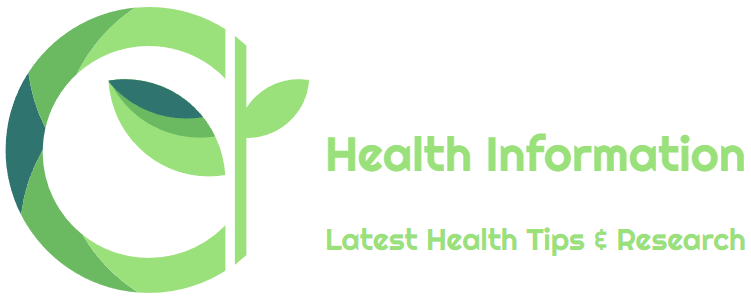
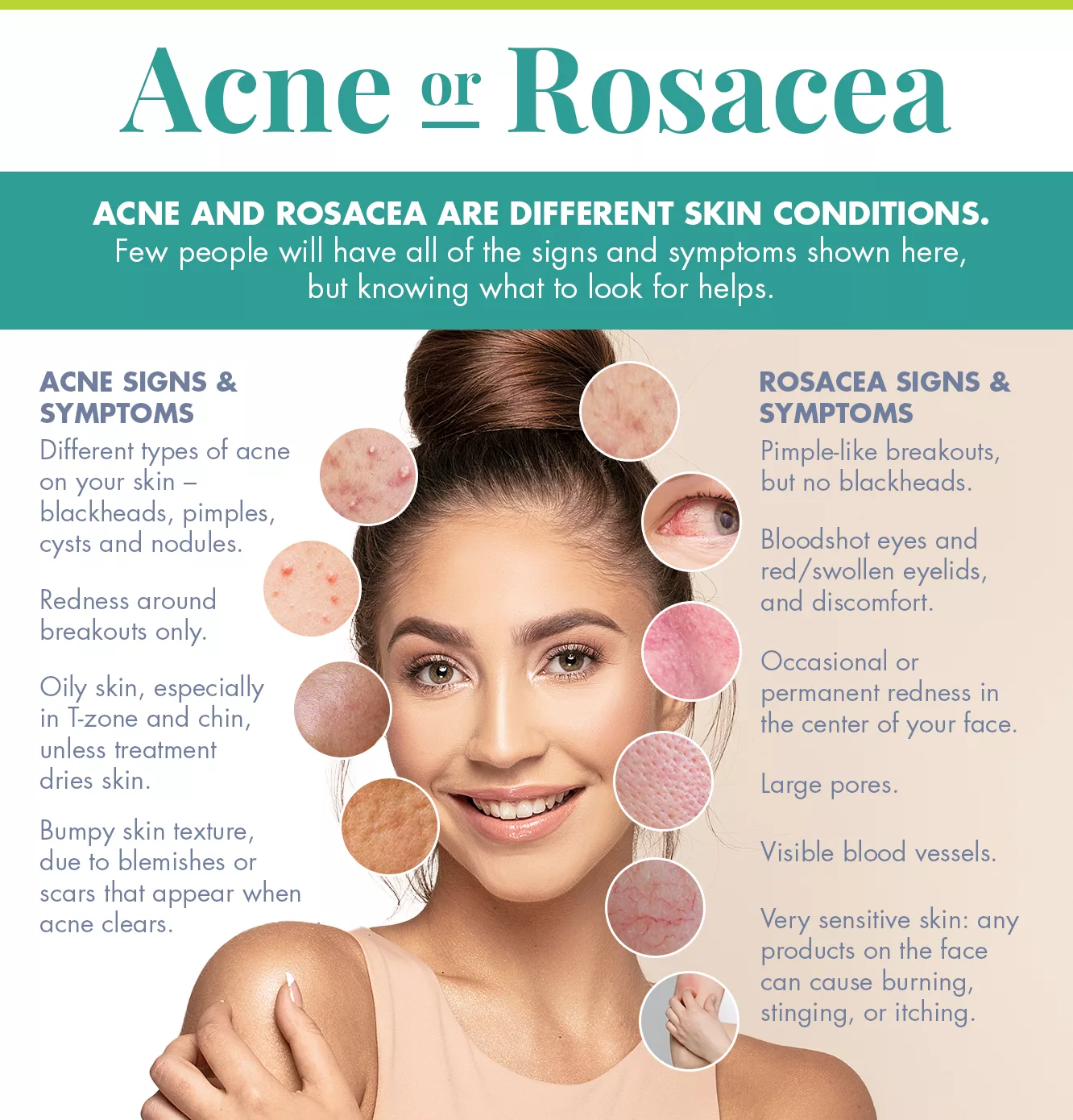
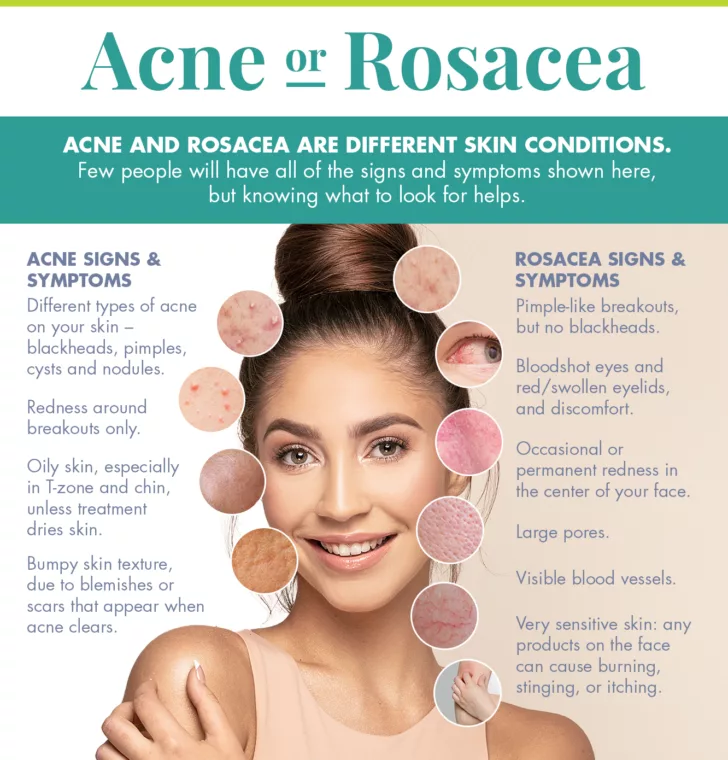
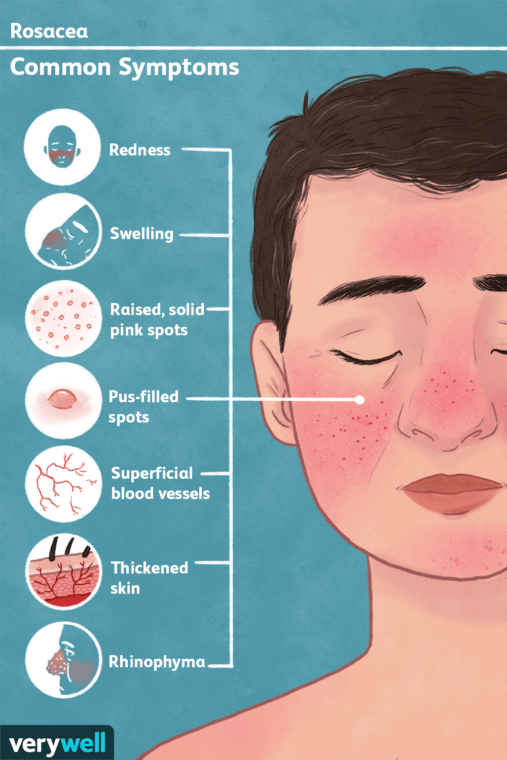
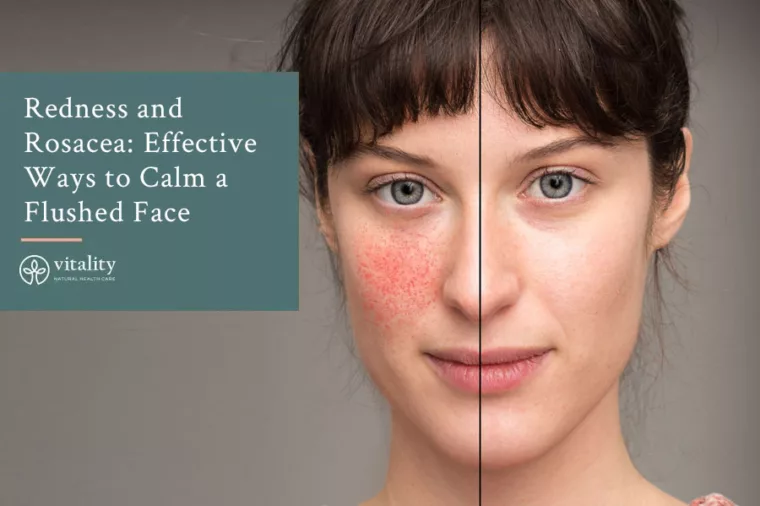
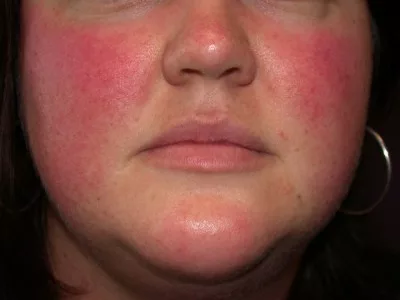
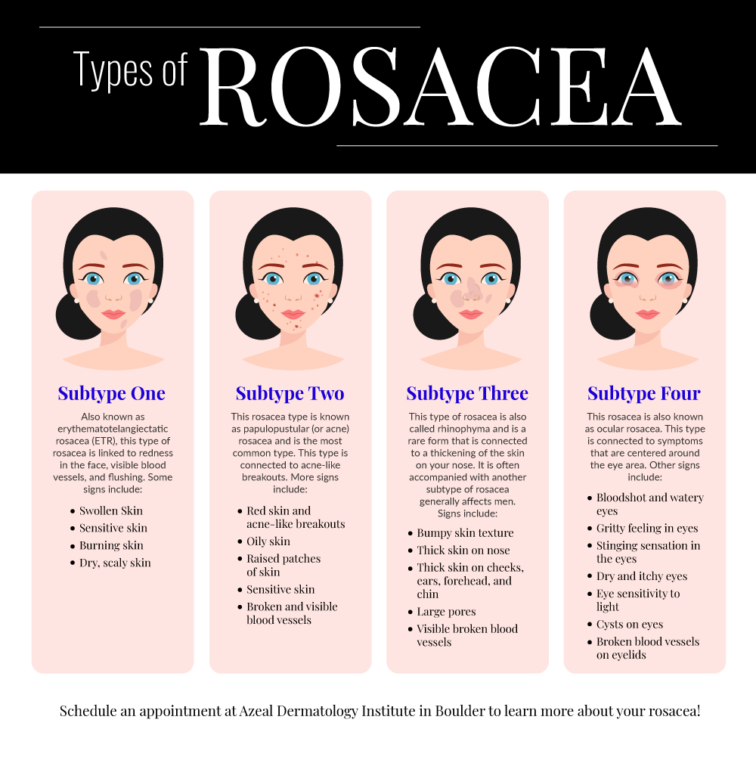
Leave a Reply